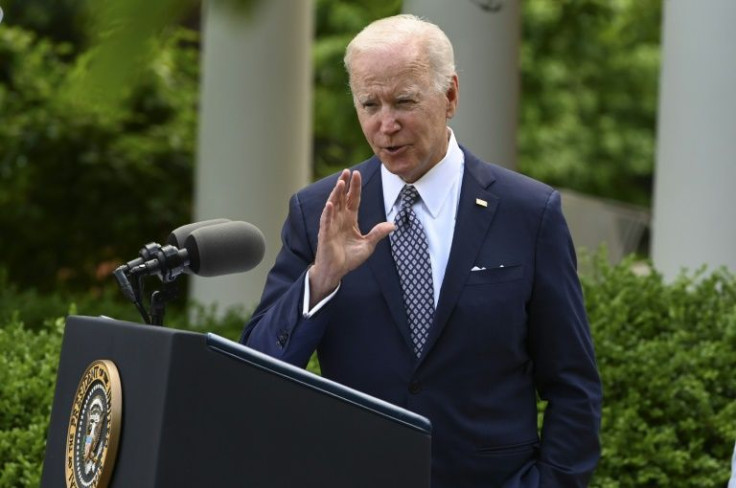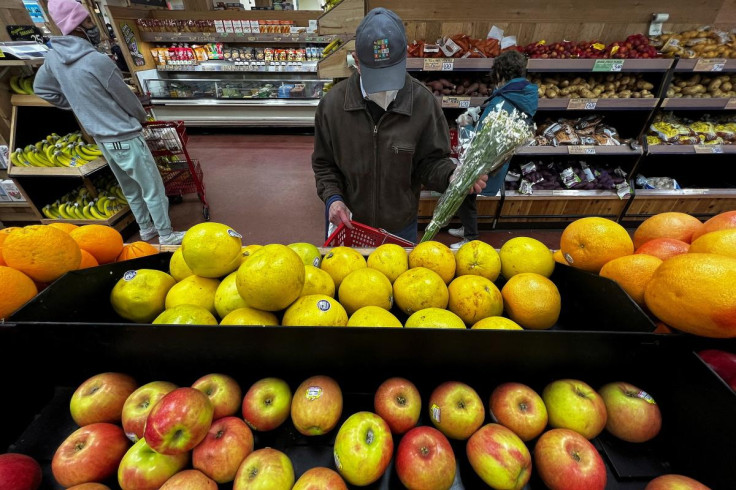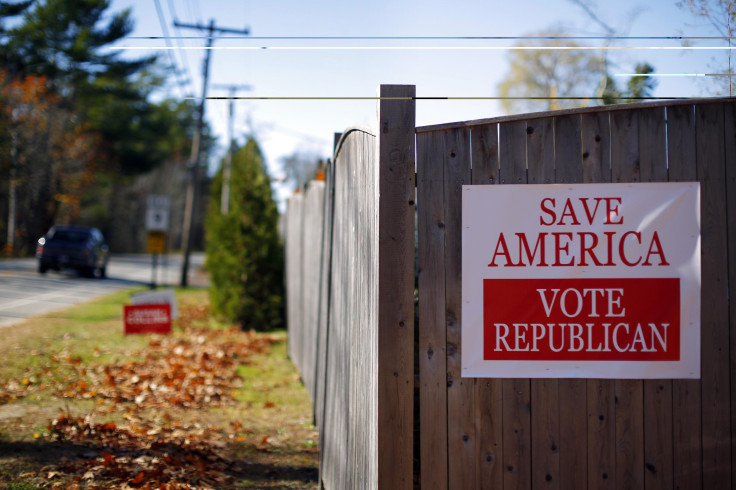Biden's Approval Ratings Nosedive, Fueling Democratic Pessimism In Midterms

President Joe Biden has struck his deepest low in approval ratings as his agenda continues to be bedeviled by obstacles. In the middle of an election year, Democrats are worrying that Biden’s woes will hurt them down the ballot during the upcoming November midterm races.
On Friday, the Associated Press-NORC Center for Public Research released their latest poll and found Biden’s approval rating at a lowly 39%. This is the lowest approval rating the first-term president has received in his sixteen months in office, but his decline has been most ominously observed within his own party.
According to the AP-NORC poll, Biden’s approval rating among Democrats fell from 82% between April 14-16 to 73%. Moreover, Democrats also expressed marked pessimism about the state of the country despite a president of their own party in the White House. Only 33% of Democrats expressed optimism about the country’s direction, a drop from 49% just last month.
Warnings about Biden’s mediocre approval among Democrats have been reflected by other polls which capture discontent across his base.
In a Quinnipiac University poll released on May 18, only 26% of Hispanics said they approved of Biden’s presidency compared to 60% who expressed discontent.
A month earlier, the Harvard Institute of Politics found that only 41% of Americans aged 18-29 said they approved of Biden. Many in this group expressed marked apathy towards participating in elections, reasoning that their vote makes little difference.
Even among women and Black Americans, the two pillars of Democratic support, Biden’s support has declined. In April, CNN reported that only 67% of Black Americans approved of Biden, down by 20% in the last year. Women meanwhile expressed only 42% approval of Biden, according to a Reuters/Ipsos poll on May 17.
All of this does not bode particularly well for Democrats as they face down an increasingly confident Republican Party that stands poised to wrest control of at least one branch of Congress in the Fall.
Throughout Biden’s presidency, Democrats have struggled to pass large parts of Biden’s domestic policy agenda. But the problem has not only come from Republican obstructionism, but division in its own ranks as embodied by the stubborn refusal of Sen. Joe Manchin, (D-W.Va.), to embrace their proposals on climate change, voting rights and federal spending.

A person shops at a Trader Joe's grocery store in the Manhattan borough of New York City, New York, U.S., March 10, 2022. Photo: Reuters / CARLO ALLEGRI
Meanwhile, Biden has been hobbled by crises from the start of his presidency.
The death toll from the COVID-19 pandemic recently crossed the one million mark after more than half a million deaths took place since Biden took office, according to the Centers for Disease Control and Prevention (CDC).
At the same time, combating inflation has become the overriding domestic priority for President Biden. Inflation currently stands at highs not seen since the 1980s, driven largely by supply chain disruptions created by the pandemic as well as a surge in energy prices because of the war in Ukraine.
It is perhaps no coincidence that Americans’ lack of confidence in the economy has dovetailed with their dour view of Biden. According to a CNN poll on May 2, 8 in 10 American adults said the federal government was not doing enough to fight inflation. At the same time, 59% expressed disapproval at how Biden has managed the economy since arriving in office.

A campaign sign is pictured in Wells, Maine on Nov. 3, 2014. Republicans are poised to pick up seats and could win control of the U.S. Senate on Tuesday in midterm elections heavily influenced by deep voter dissatisfaction with President Barack Obama's job performance. Photo: Reuters/Brian Snyder





















